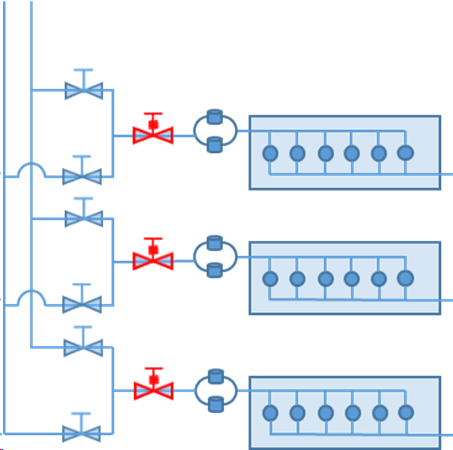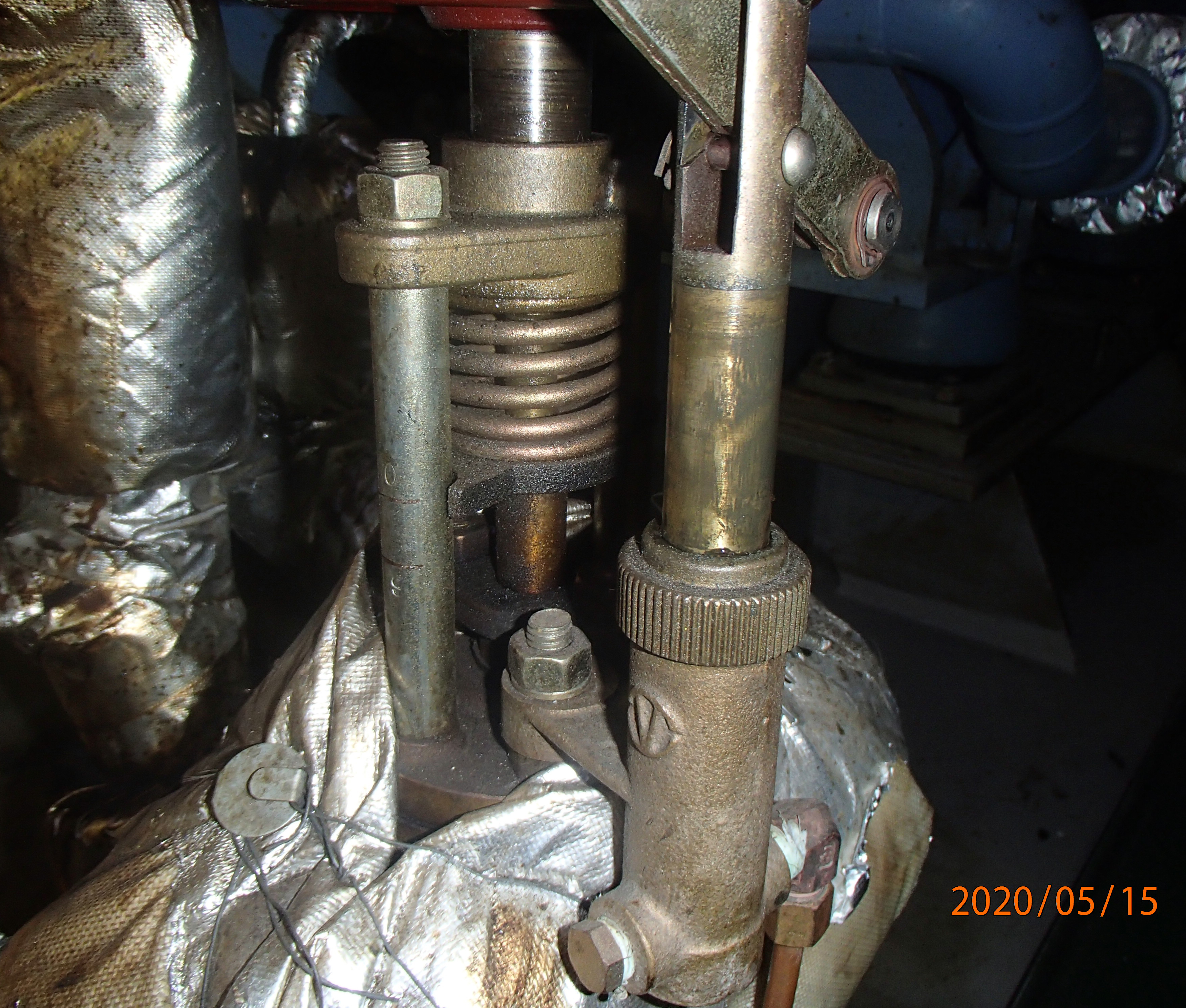Purpose
A reminder of the requirements to test and maintain fuel isolation valves for multi-engine installations.
Reminder for
- Ship owners
- Operators
- Masters
- Engineers
- Recognised Organisations
Background
We have seen an increase in the failure of remotely operated isolation valves in the fuel supply lines to generators.
This notice is issued as general guidance only. Read with SOLAS II-2 Regulation 4.2 and MSC.1/Circ.1321.
Oil fuel piping
In the event of a fire on a generator, the fuel must be isolated to a single engine, without affecting the operation of other engines.
“In multi-engine installations which are supplied from the same fuel source, means of isolating the fuel supply and spill piping to individual engines, shall be provided. The means of isolation shall not affect the operation of the other engines and shall be operable from a position not rendered inaccessible by a fire on any of the engines.”
Source: SOLAS Chapter II-2 Regulation 4.2
MSC.1/Circ.1321, issued June 2009 describes how to implement this.
One common solution is to install a quick closing valve on the fuel supply line to the engine between the fuel change over valves and the engine with a remote actuator in another part of the machinery space.
For ships built after June 2009, where possible the valves or the actuator for the remote closing valves should be at least 5m from the engine in any direction. Where this is not possible, protection by obstructions may be implemented.

Testing
Ship operators must have procedures to ensure that a ship is maintained. This includes the function of the isolation valves.
Source: Paragraph 10.1 of Part A of the International Safety Management Code (ISM)
Regularly test equipment that is not in continuous use, to promote reliability.
Source: Paragraph 10.3 of the ISM Code

|
Defective Quick Closing valve remaining in the open position after actuator is triggered to close the valve
Inspections
Port State control inspections can include testing quick-closing valves on a ships fuel system. This may include the remote operation of the fuel supply isolation valves.
Crew should be familiar with the remote operation of the valves, the reset procedures and how to ensure the valves are maintained in good working order.
A ship may be detained, if the remote quick-closing devices are:
- absent
- non-compliant
- substantially deteriorated to the extent that the remote quick-closing devices will not work if needed.
SOLAS II-2 Regulation 4.2
This Marine Notice only provides a summary of one aspect of SOLAS II-2 Regulation 4.2. Refer to SOLAS, the MSC Resolution or the IMO procedures for port State control. SOLAS II-2 is implemented in Australia by Marine Order 15.